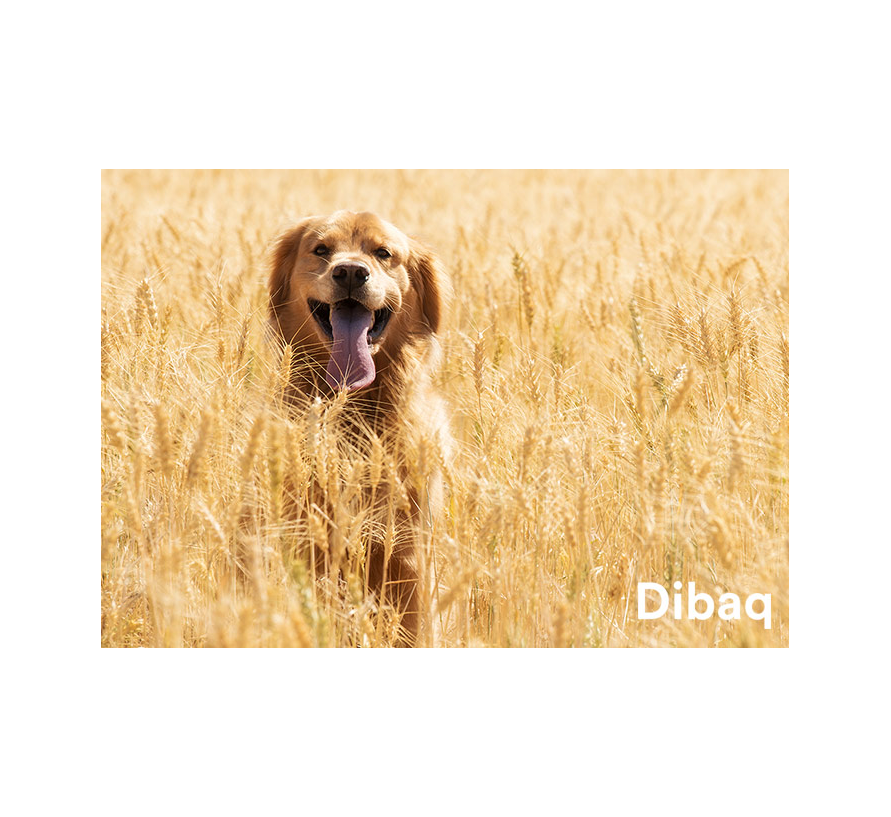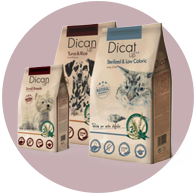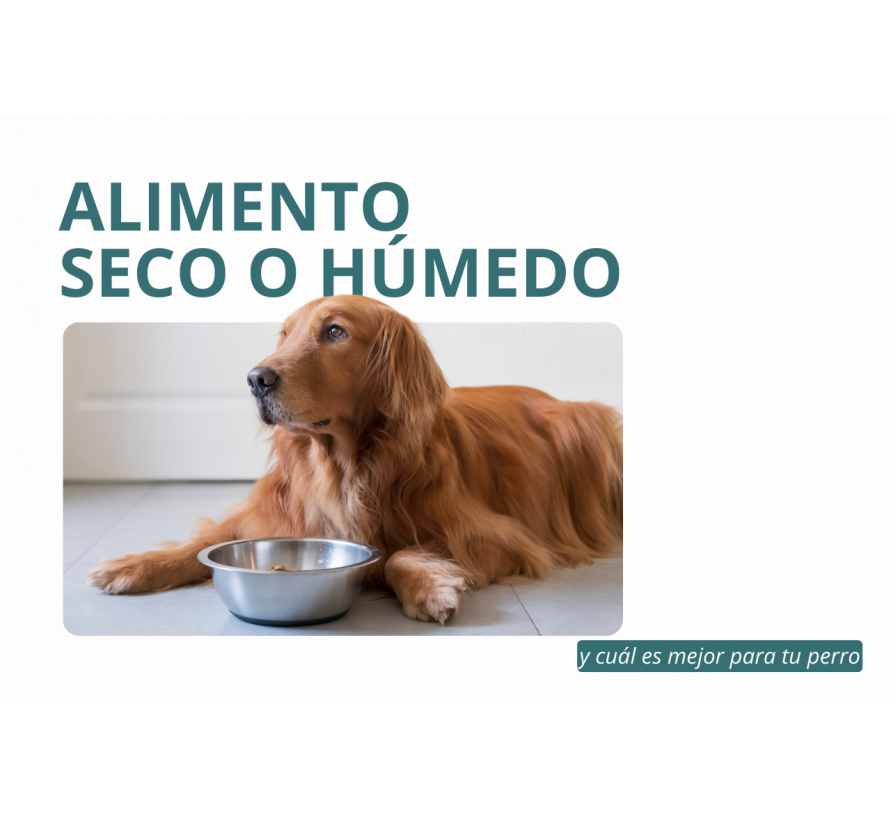
Gluten is a protein that is found in the seeds of cereals such as wheat, mainly, but also in others such as avena, cabbage or cabbage.Any food that contains these cereals, even if it is in the form of traces, can also be said to have gluten.Although most dogs well tolerate all foods, just like people, some may suffer intolerance to this protein.Do you want to know what the symptoms, diagnosis and treatment of intolerant dogs are?Pay attention to your pet and how it acts to discover any indication of this disease.
What is a celiac dog?
A dog sensitive to or with gluten intolerance will mean that every time he consumes some food that contains this protein, his stomach will not be able to digest it well, causing injuries in the intestinal veins.This can cause chronic inflammation in the intestine or other serious problems, so if you notice your dog more tired than usual, swallowed when playing or less active, do not hesitate to consult with your veterinarian.This will perform blood and urine tests that will diagnose any possible anomaly.
Celiac dogs usually have inherited this pathology from some of their most direct relatives and will manifest in their first years of life.Since there is an important genetic component in the suffering of this disease, there are certain races that are more prone to gluten intolerance than others, such as the case of the Irish Setter and the Samoyedo.
Most obvious symptoms
Knowing if your dog does not tolerate gluten can be something difficult to diagnose, but some frequent symptoms can give you clues about what is happening to your four-foot partner.
- Diarrhea and vomiting. The main symptoms that a celiac dog will present will be digestive problems, because the intestinal vellosity has been affected and cannot normally perform its function.For this reason, your skin friend may suffer from diarrhea or vomiting within a few minutes of having eaten.If these clinical images are persistent, they could cause malnutrition or dehydration.
- Symptoms in the skin. Your dog may suffer hair loss, scratching and dry skin.It is especially common for picks in the ears or anus.
- Difficulty in breathing. The intake of gluten can also affect the respiratory tract, causing inflammation, itching or turmoil, due to the irritation of the throat and nasal spots.
- Decreased weight. The above symptoms may cause your dog to lose its normal body condition, lose weight or get to suffer from malnutrition.
It is not necessary to confuse intolerance with an allergy.This is a reaction of the body to something the body does not tolerate.However, intolerance, such as gluten, is a disease that will damage the thin intestine or other organs as you go consuming that food.
My dog is gluten intolerant, what do I do?
If you think your dog is gluten intolerant or allergic to some cereal, the first thing you need to do is consult your veterinarian.Most likely, after the diagnosis, you should offer your four-foot partner a gluten-free or cereal-free diet – although in some this protein is not present, such as rice, quinoa, corn or milk.
Not all dog food brands offer a special range to care for their digestive system.This is the case of Dibaq Sense, dibaq’s exclusive range of grain and gluten-free hypoallergenic foods, which elaborates all its recipes with the aim of respecting the natural nutritional requirements of dogs and strengthening their immune system, avoiding allergies or digestive problems.Try it and tell us how your little friend evolves!







 Animal nutrition specialists
Animal nutrition specialists












